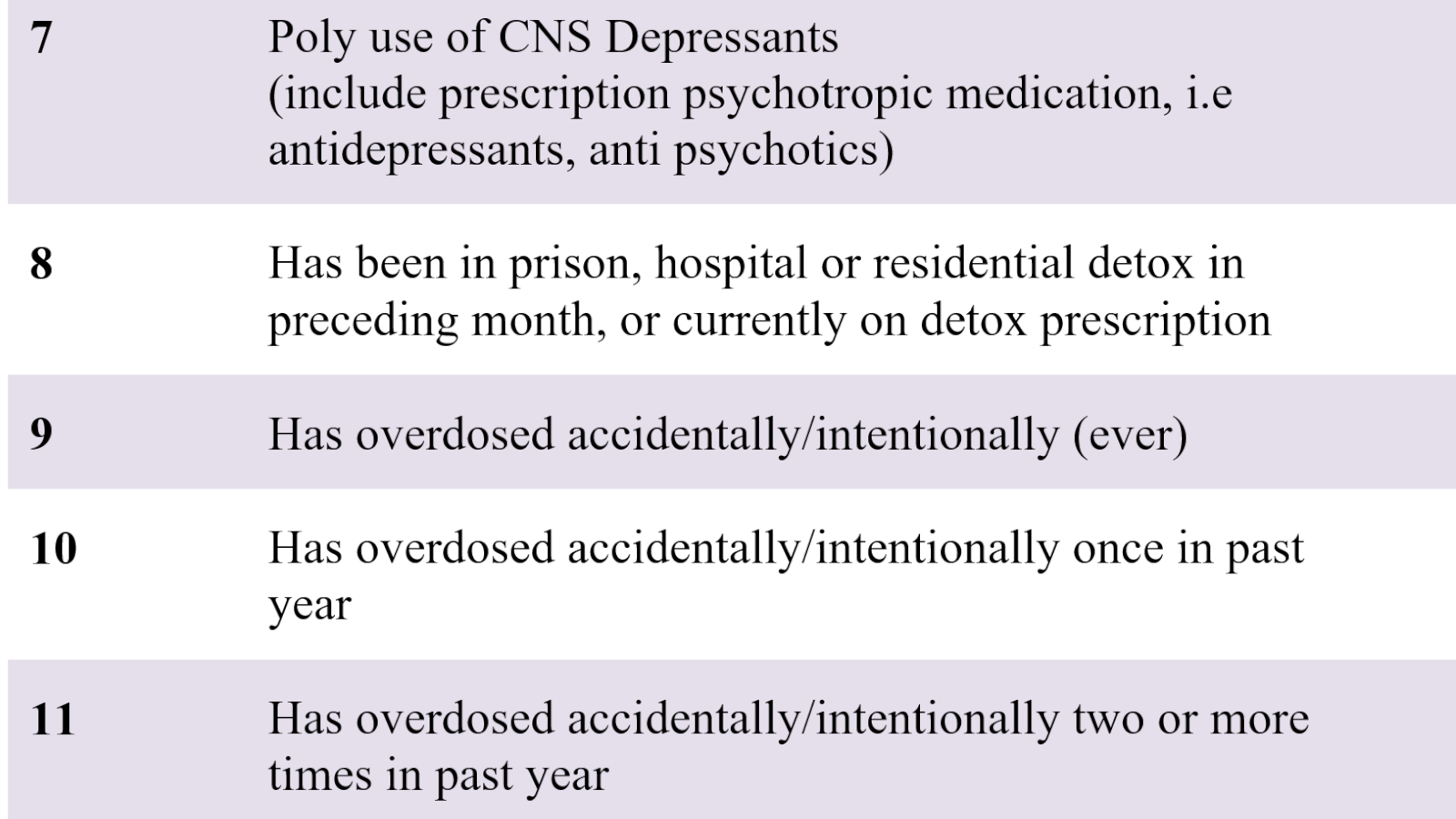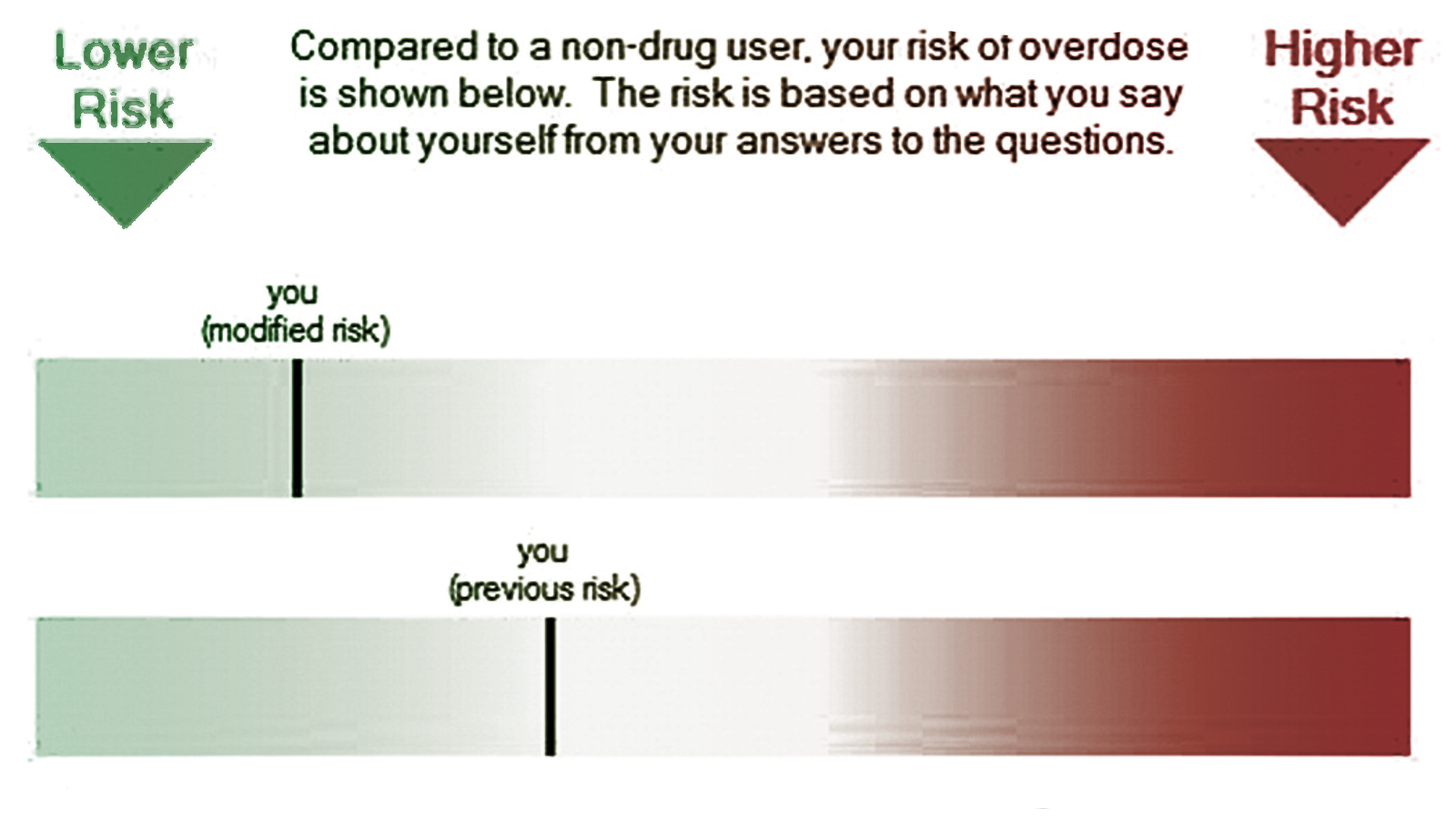
Drug overdose deaths, particularly from opioids, are a major global concern. Scottish Drug Death rates are driven by opioid use and exceed those in the rest of the UK and Europe.
Opioid overdoses can be reversed through the timely administration of naloxone – but only if responders are alerted. There is an emerging body of research and development in technologies that can detect the early signs of overdose and facilitate urgent responses. DigitAS is supporting understanding of technologies that can prevent, or detect the onset of, overdose and ensure a timely life-saving response.
-

Overdose detection and response technologies (ODART)
In partnership with University of Stirling and funded by the Scottish Government Drug Deaths Taskforce, this project explored the potential for overdose detection and response technologies to reduce drug-related mortality in Scotland.
-

Reducing Drug Deaths Innovation Challenge
DigitAS co-lead Professor Alex Baldacchino was clinical lead for the Reducing Drug Deaths Innovation Challenge, a £5 million UK-wide initiative that supported 12 projects delivering technological innovation to reduce drug deaths and other harms.
-

Quantifying prescribed high dose opioids in the community and risk of overdose
This study described and quantified strong opioid prescribing in Scotland, and identified comorbidities and other overdose risk factors among recipients. One thirs of patients received strong opioids and many had cardiovascular disease and/or mental health problems. Age, gender, and opioid class were associated with High / Very high dosing.
-

Overdose risk questionnaire validation
Understanding Fatal and Non-Fatal Drug Overdose Risk Factors: Overdose Risk Questionnaire Pilot Study—Validation Background: Drug overdoses (fatal and non-fatal) are among the leading causes of death in population with substance use disorders. The aim of the current study was to identify risk factors for fatal and non-fatal drug overdose for predominantly opioid-dependent treatment–seeking population. Methods: Data were…
-

Overdose RIsk InfOrmatioN (ORION): an innovative e-health psychoeducational tool
This study evaluated the ORION e-health tool, designed to educate opioid-dependent individuals about overdose risk. While self-efficacy scores did not change post-intervention, ORION effectively identified individuals with multiple risk factors. The tool shows promise for integration into broader digital health strategies, but alone may not influence complex behaviours like self-efficacy.
-

Gendered aspect of non-medical use of medications
This article highlights growing evidence that women are increasingly affected by non-medical use of over-the-counter and prescription-only medications, yet research and services remain male-focused. The authors call for a re-gendering of policy and treatment, centred on co-production, trauma-informed care, and gender-sensitive, holistic approaches to improve access, engagement, and outcomes.
-

Evaluating overdose response technologies
This Delphi study sought to standardise terminology and outcome measures for technology-based harm reduction services targeting overdose deaths. Consensus among people who use drugs, service operators, and academics identified “overdose response technology” as the preferred term and recommended key demographic and service use metrics to improve research, reporting, and communication.
-

Rapid opioid overdose response system technologies
This review highlights the importance of technology applied to every aspect of rapid overdose response technologies. Key areas of development include the need to protect marginalized groups from algorithmic bias, a better understanding of individual overdose trajectories and new reversal agents and improved drug delivery methods.
